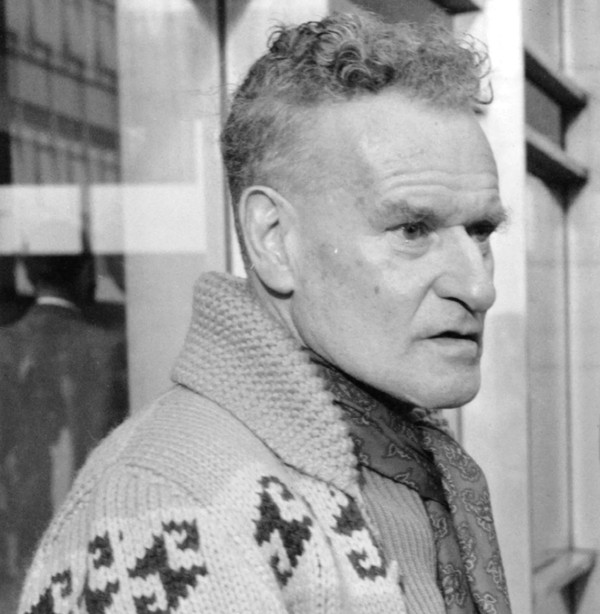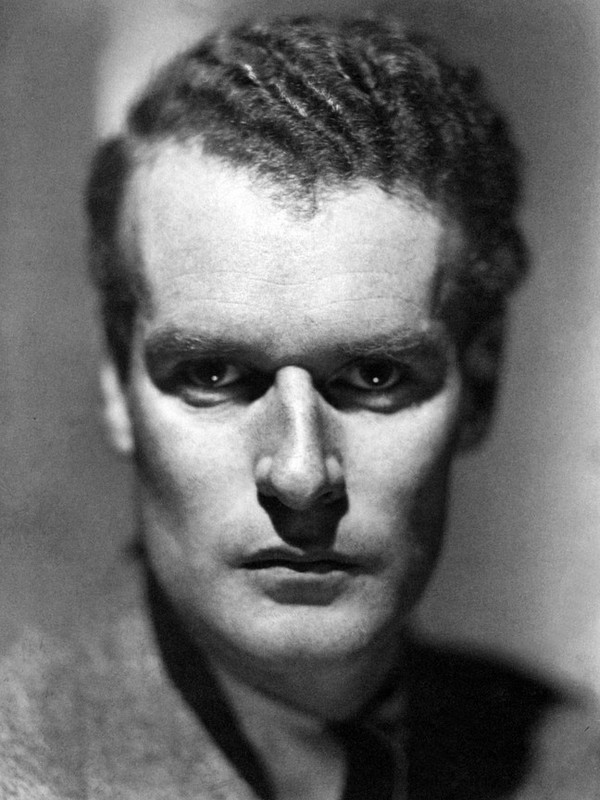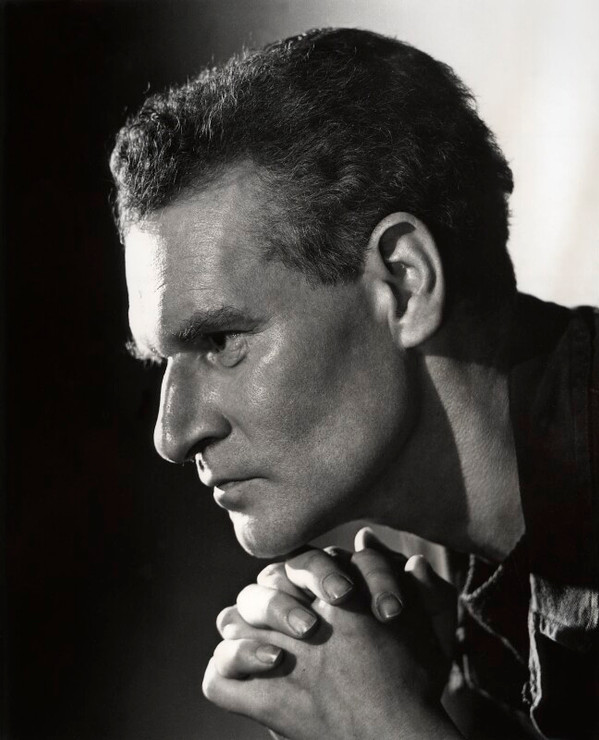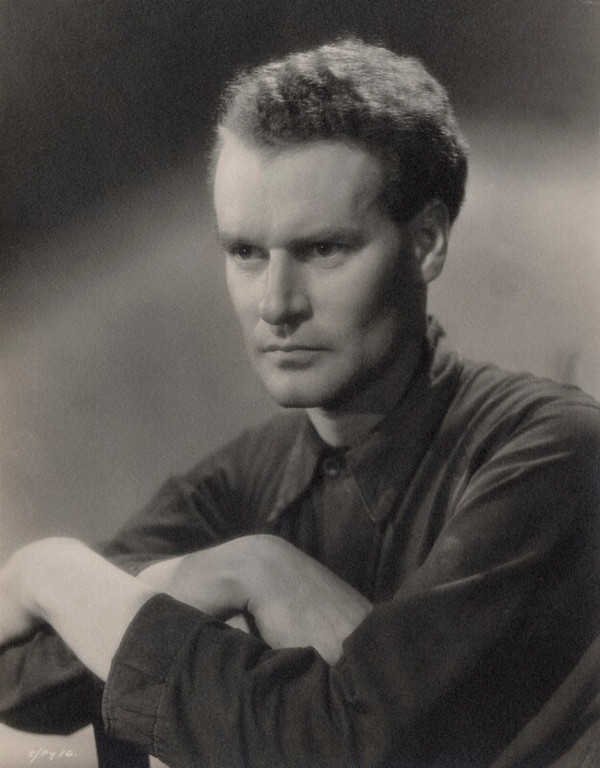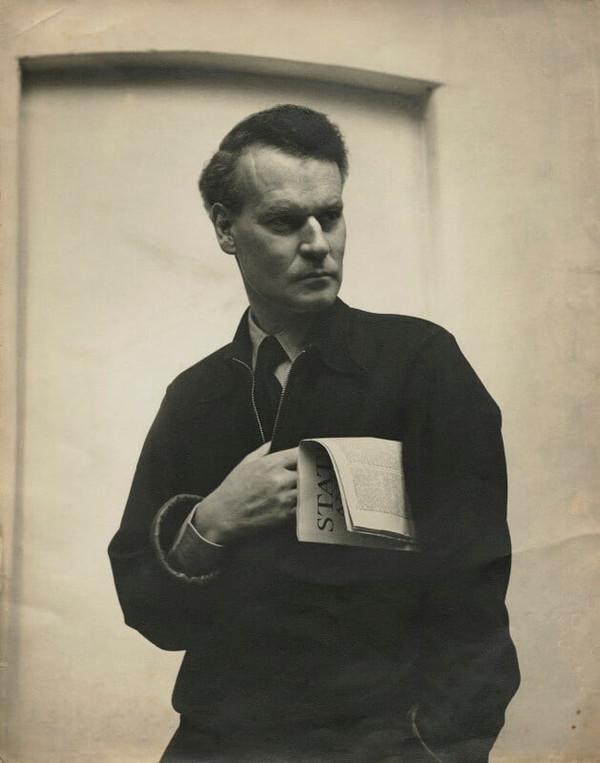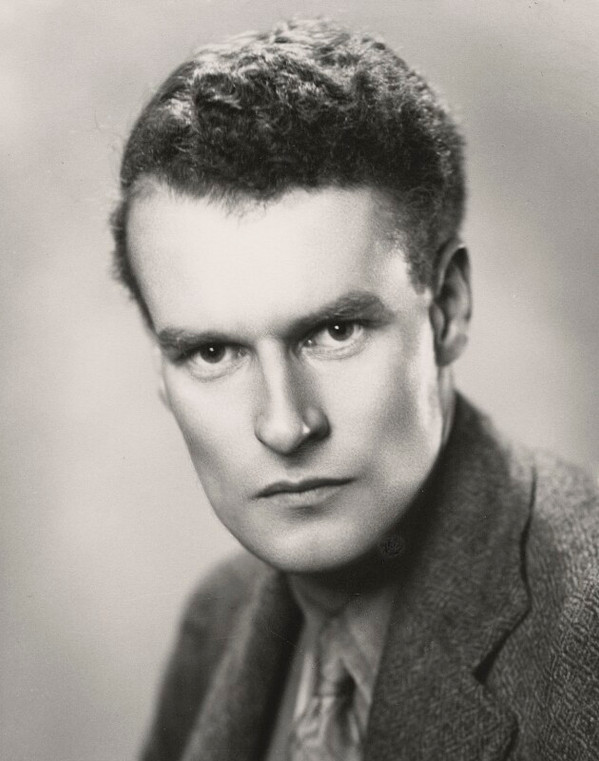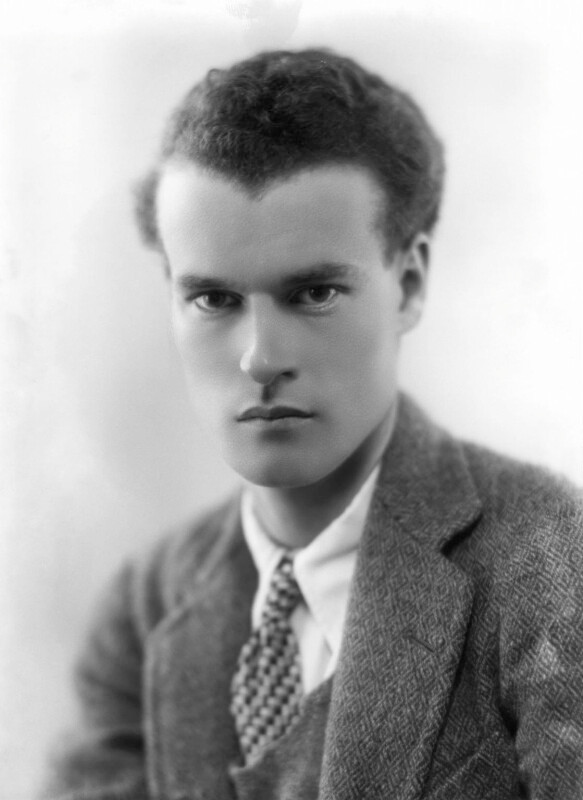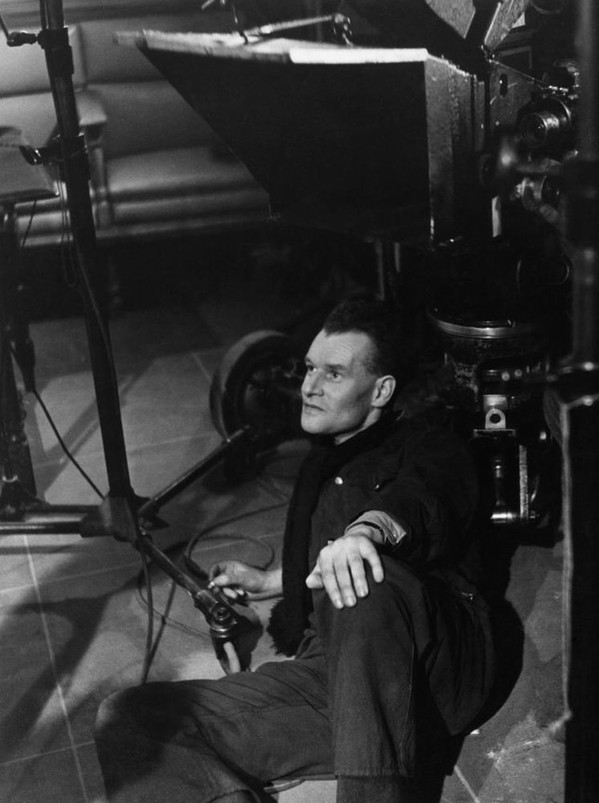Anthony Asquith
Настоящее имя: Anthony Asquith
Об исполнителе:
Anthony Asquith (9 November 1902, London — 20 February 1968, Marylebone, London) was an English film director, screenwriter, and actor, the youngest son of British Prime Minister H. H. Asquith and socialite Margot Asquith and half-brother of Lady Violet Bonham-Carter. He had a prolific and distinguished career from the late silent period until 1965 and specialized in adaptations of stage and theatrical plays. Asquith extensively collaborated with playwright Terence Rattigan and made ten films based on his works. He served as the inaugural president of the Association of Cinematograph Technicians (from 1937 to 1968). Asquith grew up in a notable and wealthy family and got an excellent education, attending Eaton House private school, Winchester College, and Oxford's Balliol College. According to actor and Asquith's friend Jonathan Cecil, Anthony always disdained and rejected his family's "aristocratic" habits and intentionally chose a filmmaker profession, which still lacked prestige and clear career perspective back then, to distance from their circles. In the 1920s, Asquith traveled to the United States and spent some time in Hollywood, closely observing American directors and their film production techniques. Upon returning to England, Anthony joined a recently established London Film Society and began directing. He made four silent films between 1927 and 1929, with the last one, A Cottage on Dartmoor, gaining critical acclaim. In 1931, Asquith directed Tell England, his first sound production made with the German "Klangfilm" process; the young Boulting brothers made a brief cameo. One of Asquith's best-known early films, an adaptation of George Bernard Shaw's stage play Pygmalion starring Leslie Howard (3) in 1938, became a significant critical and commercial success, both in the UK and the United States. It was nominated for several Academy Awards, including "Best Picture," and Shaw won the Oscar for "Best Screenplay Writing." In 1951, Anthony Asquith directed The Browning Version drama based on Terence Rattigan's eponymous play, a notable UK box office hit and critical triumph — earning him "Grand Prix" nomination at Cannes Film Festival (where Michael Redgrave and Rattigan won "Best Actor" and "Best Screenplay"), "Best British Film" BAFTA Awards nomination, and two prizes at the Berlin International Film Festival, Bronze medal and "Audience Poll Winner." Asquith further solidified his reputation by writing and directing The Importance of Being Earnest in 1952, based on Oscar Wilde's play; Anthony became a "Golden Lion" nominee at the Venice Film Festival. (In a sad twist of fate, his father, Herbert Asquith, serving as Home Secretary in the late 1890s, ordered Wilde's arrest and imprisonment for homosexuality. Furthermore, according to Jonathan Cecil, Anthony Asquith was a repressed gay.) In 1958, he directed a wartime drama, Orders to Kill, based on a story by Donald Chase Downes, a former American spy who acted as the film's adviser, and co-written by Paul Dehn; Asquith earned the "Palme d'Or" nomination at the Cannes Film Festival that year. By the early 1960s, Anthony was among very few British filmmakers, like David Lean and Sir Carol Reed, who directed high-budget Hollywood and international projects.
